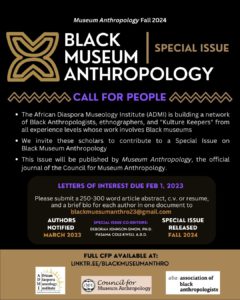The Peabody Essex Museum is pleased to announce the search for the George Putnam Curator of American Art. The successful candidate will be a dynamically engaged American Art specialist who is focused on exhibitions and programming and is excited by the opportunity to create new ways of interpreting the complexities and presenting the nuances of American art and culture. Collaborating closely with the PEM curatorial team and broadly across the Museum, they will create innovative experiences that promote audience engagement, as well as scholarship, publications and acquisitions that support the Museum’s mission.
PEM’s American Art collection has expansive holdings of sculpture and paintings as well as fashion, textiles and design that span four centuries of creative expression in the United States. Supported by historic works that celebrate the rich and diverse artistic and cultural heritage of Essex County, Massachusetts, the collection has continued to grow to embrace a broader representation of the art and creative expression of this country. Together, these objects tell compelling stories of American life and the ongoing cultural exchanges between the people of the region, the country, and the wider world.
The Curator of American Art will bring bold, imaginative thinking to PEM’s cross-departmental programs and exhibitions that are drawn from or related to collections. Some recent examples include: In American Waters: The Sea in American Painting, co-organized with Crystal Bridges Museum of American Art, 2021; Jacob Lawrence: The American Struggle Series, 2020, Georgia O’Keeffe: Art, Image & Style, 2018 the first exhibition to explore the art, image and personal style of one of America’s most iconic artists, and American Epics: Thomas Hart Benton and Hollywood, 2015. They will be encouraged to partner within the American art network, encompassing a variety of perspectives and diverse narratives. The George Putnam Curator of American Art needs to be an experienced, energetic, and creative storyteller with an ambition to redefine the field, be open to a new way of working across media and time and have a genuine desire for authentic community engagement. They will enjoy cultivation of donors and bring with them a large professional network which can help reinvigorate PEM’s American Art Visiting Committee.

